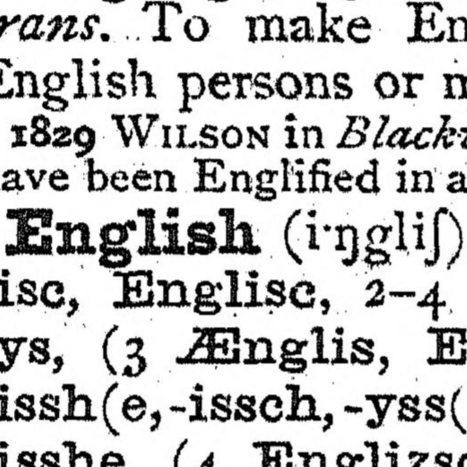When I first learnt English, I thought this type of formulation only worked with a few verbs like “do”, “have”,“should” (ex: “Should I do this? No, I shouldn’t.”)
More recently I also encountered “Need I?” and “needn’t”, tho they’re more rarely used. But this got me wondering, is it still an exceptional construction, with “need” being one of the exceptions, or can it be done with every verbs? For example, are the following sentences correct:
- Read you mangas? No, I readn’t them.
- Grow they potatoes? No, they grown’t these.
- Sounds it like a good idea? No, it soundsn’t.
I know talking like this would raise a few eyebrows, but does it break any established rule?


It’s not clear if you did this intentionally or not but the “will” used in your example “The psychokinetics will the object to move” is not the same kind of “will” used in your other examples, it’s this one meaning “to create using the power of your mind”.
It’s a bit of a nitpick but I thought it worth mentioning as OP seems to be trying to learn.
It was intentional, to point out a use that’s not a helping verb.
Ah ok fair enough, I just found it confusing because the two have the same spelling but completely different meanings and uses.
In the first context it’s kind of synonymous with “wish” right? So implying that anyone would replace the will (as in willpower/willed etc) with “won’t” in that example is a bit confusing, because that would never happen. In the same way you’d never replace “wish” with “won’t”.
Edit: just wanted to say I have zero education in this area, I’m just a native speaker, but I love reading these threads when they come up as it helps me understand more about the language too.